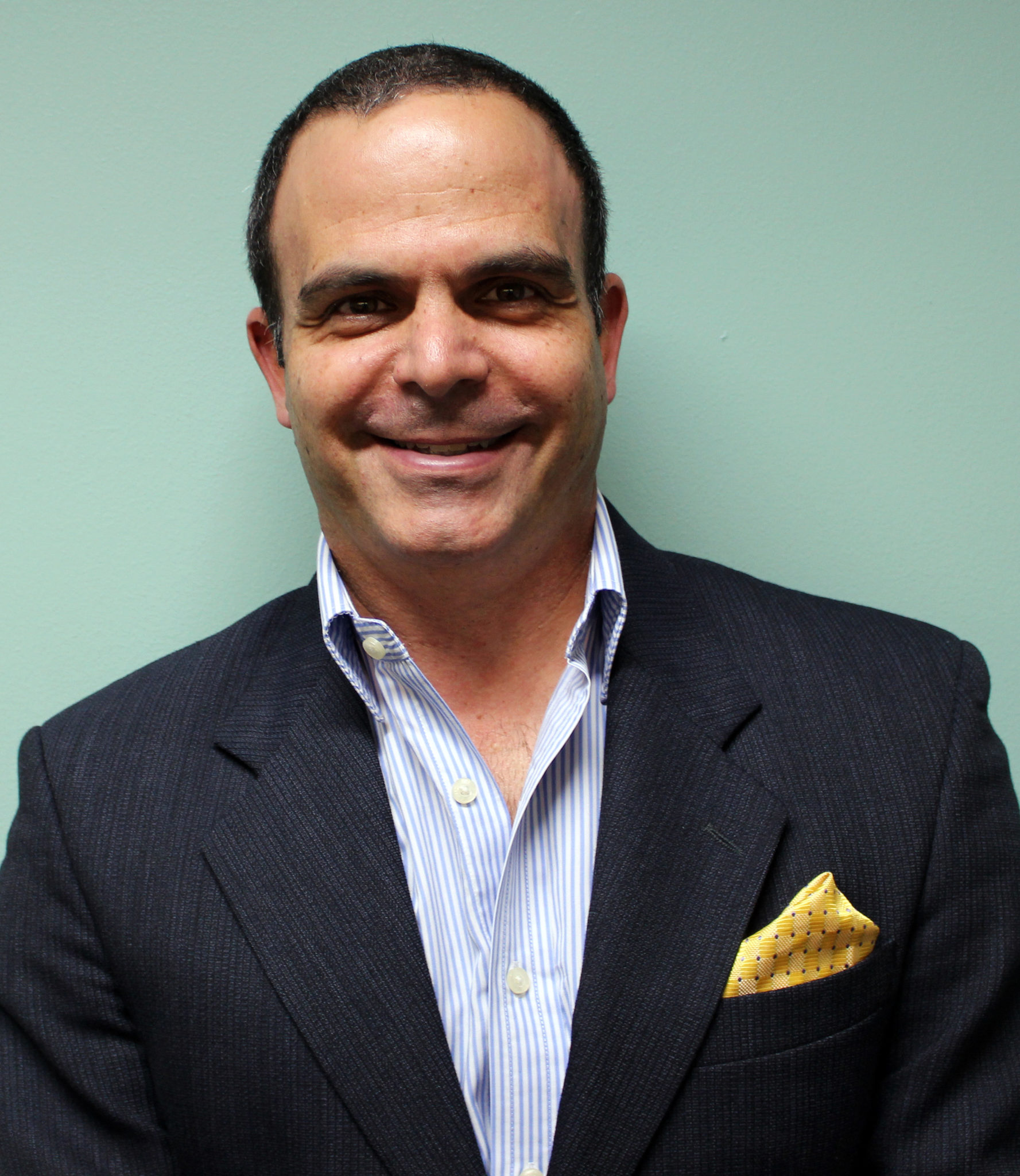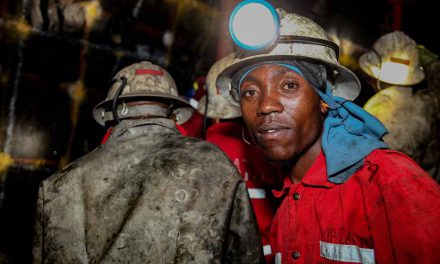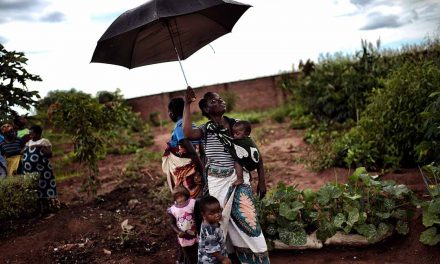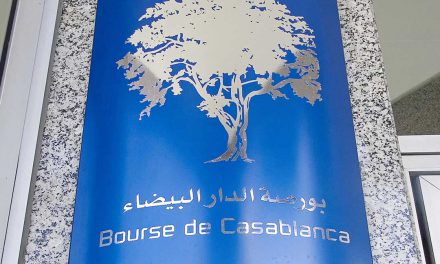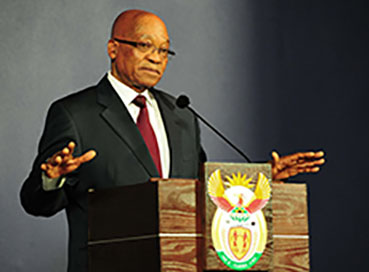Africa: ethical business
A long-term approach to doing business anywhere relies on nurturing relationships, and perhaps more in Africa than elsewhere
By Alain Tschudin
Ten years ago, many organisations engaged in Corporate Social Responsibility, or CSR, as an add-on contribution to the betterment of society, or at a barebones minimum, as perceived by the cynics, as an afterthought to demonstrate compliance with various codes of best practice. Nowadays, CSR has all but disappeared from the vocabulary of the corporate world and it has become integrated into the core business of most organisations. But is good business a question of appropriate relationships, or is it the other way around? From an African perspective, doing business is a matter of being in good and proper relationships, as I hope to persuade you by the end of this article. Value systems are guided by beliefs. So it is, that if one believes that it is right to kill, one’s value towards the sanctity of life will be limited, unlike another who believes that right to be absolute.
Oftentimes, however, we do not attend to the importance of our underlying belief systems, or even more broadly, to our ways of being in the world. Adam Smith’s 18th century homo economicus was essentially a self-centred being, who produced in self-interest. But beneath this surface view (and some might argue, driving it), was an underlying philosophy of atomic individualism. For Thomas Hobbes, life was “nasty, brutish and short” and involved the famous “war of all against all”; at least, in the absence of appropriate governance. Europe appears to have realised the problem of a reduced, self-interested material individualism most profoundly only in the 19th century, with the social analysis provided by Karl Marx. However, we can detect an alternative way of being in the world that long predates this and one that offers a more expansive view of human being.
In almost all of sub-Saharan Africa, there are variants of the life philosophy of humanism known variously as Botho, Hunhu, Ubuntu, uMunthu, Utu, or Obuntu. The key maxim of this way of being in the world can be summed up as, “I am, because you are” or “A person is a person, in being with other people”. On this reading of life, it is the nature of the relationships between persons, and between communities, that takes central significance. For example, an elderly Zulu grandmother once told me that during apartheid, although food was limited in her deep rural village, nobody went hungry because neighbours would share what little they had, in order to prevent the demise of a single individual. This is a powerful example of solidarity in its classical form, whereby an injury to one is regarded as an injury to all, and whereby the burden is borne by all. Positively considered, this solidarity implies collective responsibility and recognition of the common good, as in the saying, “it takes a village to raise a child”. This is not some vague identification with a remote cause, but practical action for the moral good, or what we might regard as ethics in practice.
Ubuntu is not the flowery, romanticised notion that recently watered down, Westernised interpretations make it out to be. However, given its highly communalised nature, it doesn’t deal very well with tall poppies or free riders. Thus, unless we are referring to traditional feudal power relations and the subordination that these entail to chiefs universally, Ubuntu does not deal well with Adam Smith’s isolated and atomised individual. In fact, the clash of value systems goes way beyond homo economicus to the very sapiential nature of our humanity, and it is based on a much more fundamental tension between different ways of being in the world. It isn’t about a fly-by-night approach of coming in hot, making a quick buck and then vanishing, extraction style, back to foreign shores.
The retail giant Walmart recently discovered the harsh reality of doing business in southern Africa, unlike its homegrown counterpart, Shoprite, which is expanding across the continent. As Richard Brasher, CEO of Pick n Pay suggested, “Anything that looks like an overnight success has probably been around for 20 years.” A long-term approach to doing business anywhere relies on nurturing relationships, and perhaps more so here than elsewhere, given the context that we are currently engaging. To do business in Africa, or rather to do so well and ethically, it is essential to recognise this difference in the very nature of relationship. The emphasis is neither individualistic nor collectivist, but falls squarely upon the nature of relations between parties, persons and communities.
This is not some primitivist, mumbo-jumbo understanding of humanity. On the contrary, it is a much more sophisticated and nuanced approach than that, moving far beyond the crude, extractive and frequently exploitative historical practices that have been— and continue to be—inflicted upon the African continent by a variety of external and self-interested powers. In the first instance, Africa needs to return to an embrace of her own moral code. This presupposes that Africa needs to be herself. Unlike the view that regards ethics as first philosophy, it is clear that the way we are in the world, namely our very being (or ontology), determines what we consider to be morally good. If ethics follows from being, then the effect of being ourselves, in the African sense of good and proper relationships, naturally translates into doing what is wholesome and right.
We can celebrate contemporary instances of this at the top-end in executive leadership and government, and also on the part of private sector initiatives and public-private partnerships, from local level through to multi-national corporations. Presidents Muhammadu Buhari of Nigeria and John Magufuli of Tanzania exemplify the above. They serve as guiding lights not only to their peers but to their citizens and to civil society at large. Compare and contrast this way of being with that of Jacob Zuma and leaders of his persuasion, whose flagrant disregard for Ubuntu and blatant contradiction thereof results in great injury to Africa and to Africans. In the absence of trust in the good morals of the executive, markets fall and currencies crash, and cash floods out of the country while paltry funds trickle in. To encourage investment, Africa needs to re-awaken her own sense of what is just and right. Governmentally, in terms of solidarity, the African Peer Review Mechanism (APRM) is one such innovation, whereby member states of the African Union can hold one another to account.
Regrettably, this is tempered by the fact that the APRM is only voluntary and not binding. Recently, the intervention of the Economic Community of West African States (ECOWAS) in Burkina Faso and the prevention of an all out coup d’etat showed the value of regional solidarity to resolve national issues. Other regional bodies such as the East African Community (EAC) could take a leaf from this lead, to intervene more actively and successfully in conflict-riddled countries such as Burundi. Looking beyond the continent, to businesses wishing to transact with Africa, the first step is to consider how to interact with Africa. This interaction and the nature thereof is pivotal. Unless this flow is relational, truly oriented towards mutual benefit and sustainable in the longer term, the gains for both parties will be severely constrained and will not outlive some short-term, extractive benefit. This is evident with respect to the plunder of natural resources, from oil to natural gas, fishing stocks to minerals.
Without adopting a crude, one size- fits-all approach, this continent needs beneficiation—and not merely in the sense of deriving a profit from the dig, as with the mining sector. Some tangible benefit needs to accrue for those to whom such resources belong. Consider the case of Xolobeni, in the Eastern Cape province of South Africa where the community is struggling to enforce its rights against Australian mining prospectors Mineral Commodities (MRC) who seem hellbent on forcing their operations ahead regardless of the local cost, including the all-too coincidental assassination of Sikhosiphi ‘Bazooka’ Rhadebe on March 22 2016. By comparison, take General Electric, which last year launched its first dedicated Healthcare Skills and Training Institute in Africa, in Nairobi, Kenya, as part of a new commitment to addressing some of the most pressing health needs on the continent, according to Farid Fezoua, president of GE Healthcare Africa.
Some 1,000 health workers will be trained here over the next three years. Globally, the company intends to provide training to two million health workers by 2020, with a beneficial spin-off to 300 million patients. Examples of ethical and transformative approaches to conducting business on the continent abound. One such case involving a multinational corporation and an African state, is an example of this: coffee has been sourced in Ethiopia not by an exploitative grab but through a collaborative compromise. Here, the case of Starbucks vs Ethiopia and the trademarking of the Yiracheffe, Harrar and Sidamo brands is instructive. Farmers achieved four times as much for their initial yields, and Ethiopia’s coffee exports were projected to treble or quadruple as a result, from $400 million to between $1.2 billion and $1.6 billion.
Another example of a transformative corporate “work in progress”, this time within an African state, is the wine industry in South Africa. Some wine farm owners are profit-sharing with their workers and, in certain instances, forming cooperatives and transferring titles. These initiatives have earned them international recognition as Fair Trade initiatives. Given the deplorable history of the country, as personified by the embodiment of Hegel’s master-slave relationship in the literal Master (of the vineyard) and his slaves, this process of positive change is ongoing and necessary to the restoration of right relationships between parties. Far from being romanticised, the real challenges involved speak to the urgent need for ethical being. As Kara Gerson of the Voss Foundation recognises: “All too often, we see organisations take a cookie-cutter approach—usually with the best intentions—in order to scale up as quickly as possible. Unfortunately, their projects are the ones that fail because they don’t meet a community’s actual requirements, just what the donor thought they needed.”
Dialogue is key, and remains the foundation for all interaction; and the nature of this interaction serves as the foundation for relationships. If the dialogue is authentic and balances the interests of all parties, the relationships will be solid and the transaction sustainable. If not, the result will be predictable and the regression to homo economicus inevitable. Faced with this, it is surely high time to embrace African innovation and thereby promote evolution. Visitors to Africa will notice that when we hand over something, a card machine for example, both the giver and the receiver steady the giving or receiving hand with their other hand. This is not a sign of weakness, although often misperceived as such by foreigners, but one of stability and strength. In short, it is an enhanced form of recognition, just like the greeting “Sawubona (I see you)”, to which the response is “I see you”. Moving forward, this mutual recognition is critical. Do you see me?
ALAIN TSCHUDIN is a former Executive Director of Good Governance Africa. He is a registered psychologist with Ph.D.s in Psychology and in Ethics. He was a Swiss Academy Post-doctoral Fellow at Cambridge and oversaw the Conflict Transformation & Peace Studies Programme at UKZN for several years. He has broad research and community engagement interests and has worked for various universities in Africa and Europe, with the European Commission, with local and international NGOs, as CEO of a leadership development agency, and as lead consultant for Save the Children and UNICEF, most recently as Child Protection Assessment Coordinator for Northern Syria. Alain has an adjunct association with the International Centre of Non-violence (ICON) and the Peacebuilding Programme at the Durban University of Technology.

